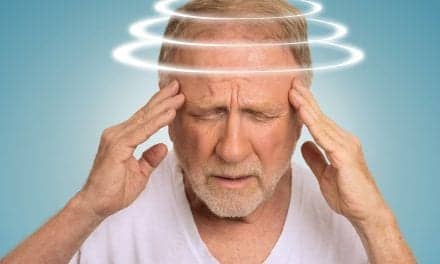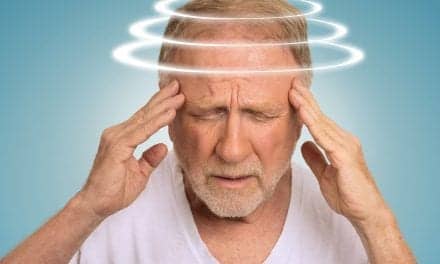Summary: The Vestibular Disorders Association (VeDA) launched an Industry Advisory Council (IAC) to collaborate with key organizations in advancing vestibular medicine and supporting patients worldwide.
Takeaways:
- Strategic Collaboration: The newly formed Industry Advisory Council (IAC) by VeDA brings together organizations that support vestibular healthcare, offering strategic advice to VeDA’s leadership to enhance patient care and advocacy efforts.
- Empowering Patients: The IAC aims to empower patients with vestibular disorders by advocating for advancements that reduce the diagnostic journey and improve their quality of life.
- Commitment to Vestibular Medicine: Participation in the IAC demonstrates a serious commitment by member organizations to support the vestibular community, contributing to the ongoing development of innovative solutions in vestibular healthcare.
The Vestibular Disorders Association (VeDA) is excited to announce the formation of an Industry Advisory Council (IAC) to support vestibular patients around the world and help advocate for advancements in vestibular medicine.
The VeDA IAC is comprised of organizations whose products or services aid vestibular healthcare professionals and/or their patients. Members of the VeDA IAC provide strategic advice to VeDA’s Board of Directors, Medical & Scientific Advisory Board, and executive staff. Participation in the VeDA IAC indicates a serious commitment to support the vestibular community.
“Collaboration is at the heart of VeDA’s mission,” says Cynthia Ryan, VeDA’s executive director. “Together we can shine a light on these invisible illnesses, empower people with dizziness, vertigo, and imbalance to become advocates for their own healthcare, and contribute to advancements that reduce the diagnostic journey and improve quality of life for vestibular patients and their families.”
VeDA IAC members include:
- DizzyDx
- Fitterfirst
- Gyrostim
- Otolith Labs
- Spiral Therapeutics
- UprightVR
- Urban Poling
- Vestibular First/Dizzy Care Network
Companies interested in joining VeDA’s Industry Advisory Council should contact [email protected].
About Vestibular Disorders
The vestibular system includes the parts of the inner ear and brain that process the sensory information involved with controlling balance and eye movements. If disease or injury damages these processing areas, vestibular disorders can result, the association says. Vestibular disorders can also result from or be worsened by genetic or environmental conditions, or they can occur for unknown reasons.
Further reading: Radiomics Can Predict Hearing Conditions in Vestibular Schwannoma Patients
Vestibular disorders can cause chronic dizziness, vertigo, imbalance, fatigue, disorientation, memory and concentration problems, and a host of other debilitating symptoms. Because vestibular disorders are invisible and misunderstood, patients are often accused of malingering. Loss of function and social isolation can lead to depression and anxiety, which exacerbates symptoms, says VeDA.




